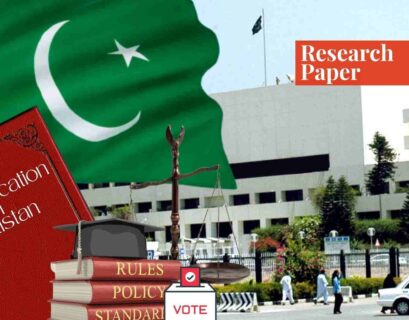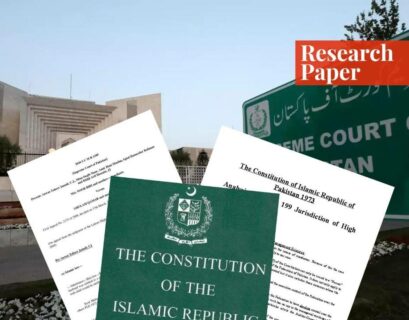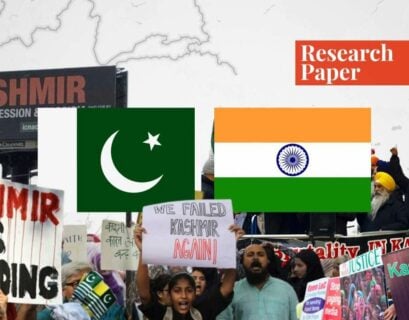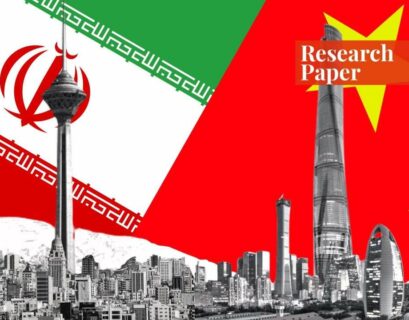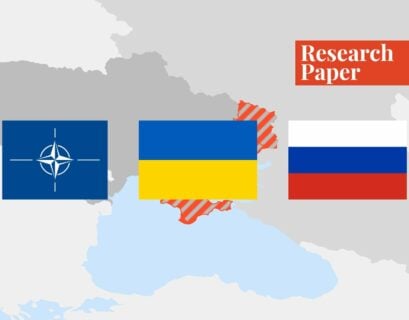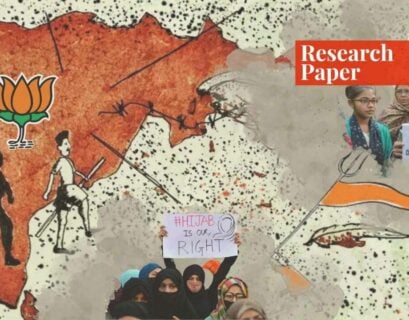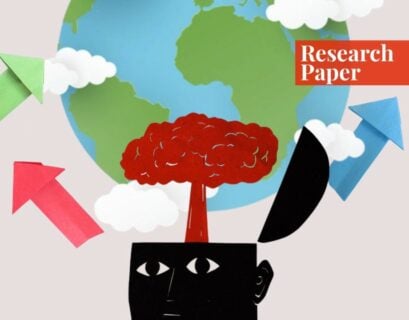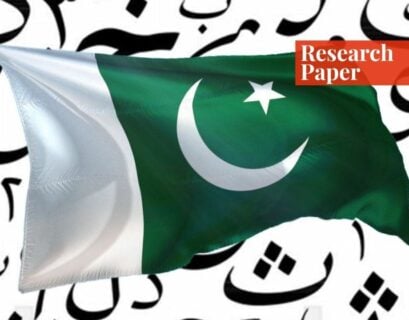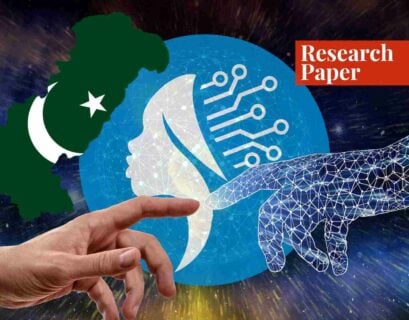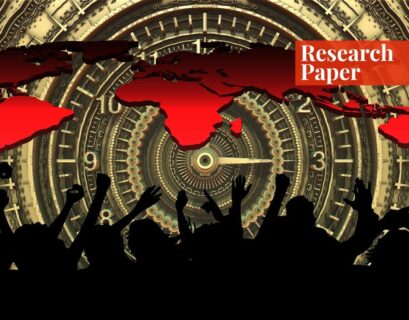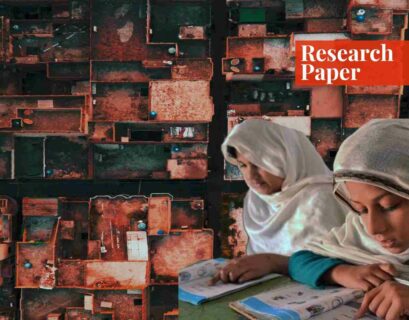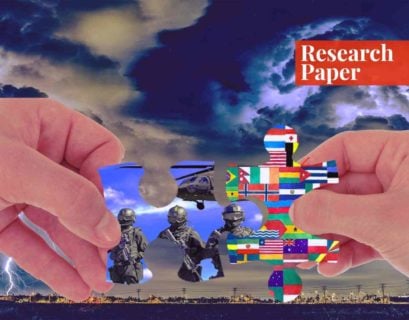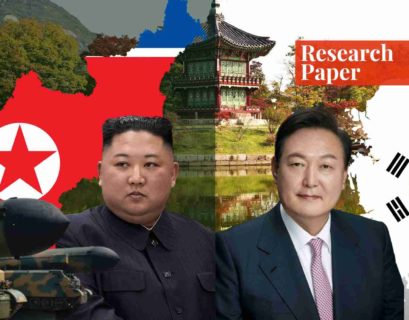Pakistan’s Need for Civic Education
The paper emphasizes the importance of civic education for a truly democratic state. It is certainly Pakistan’s best bet for promoting active political participation, increasing civic engagement in political activities, and encouraging healthy voting behaviors, while improving the constitutional literacy of the populace.
This paper also tackles ways to improve civic education and engagement in Pakistan by analyzing the German model of civic education.
Exploring the Legal Framework of Public Interest Litigation in Pakistan
Public interest litigation is a type of litigation where courts provide civil relief. This is usually for acts infringing on public interests and fundamental rights, that are provided in Articles 8-28 of the constitution.
Mehwish Batool explores the constitutional foundation and significance of these judicial powers in Pakistan, invoked under Article 184(3) and Article 199 of the constitution.
The Supreme Court has even used its judicial powers to protect endangered species and preserve wildlife through these articles. An example of this is the Province of Sindh vs. Laal Khan chandio case (2016 SCMR 48).
The Relevance of Neorealism in Understanding the Kashmir Conflict
Neorealism views power as a tool for advancing the objectives of the state.
This paper reveals that, from a neorealist standpoint, the main objective of the Pakistan-India conflict regarding Kashmir is to advance national interests.
By incorporating Kashmir, the nation would gain enormous advantages in terms of social, political, and economic development due to the region’s abundance of resources and natural beauty.
Exploring China’s Strategic Partnership with Iran
Divided into three sections, the first part of the paper examines the concept of “strategic partnership” as a new framework in international relations and intentional cooperation. It also examines how this concept has become integrated into China’s foreign policy, and the reasons behind Beijing’s over-reliance on it.
The second section examines China’s historical relations with Iran up to the announcement of the so-called comprehensive strategic partnership, focusing on the motives and goals of both states. The third section highlights the main challenges that are expected in Beijing’s strategic partnership with Tehran.
Evolution of the Two-Party System in the United States
Andrew Jackson’s Democratic Party and Abraham Lincoln’s Republican Party continue to dominate American politics today.
Have you ever wondered how the two-party system in the United States evolved?
This informative paper explores this question and examines the key changes in these two political parties from the nation’s beginning.
Applying Securitisation Theory to the Ongoing Russia-Ukraine Conflict
Muhammad Usama Siddiqi and Brilliant Windy Khairunnisa aim to explain the factors that led Russia to securitise Ukraine through the lens of the securitisation theory.
According to the theory, issues that are fundamentally political are considered and analysed from a security perspective. They use this theory to effectively frame the actors and threats in the Russia-Ukraine conflict.
Hindutva: Turning Secular India into a Hindu State
Hindutva has created divisions in Indian society by forging a ‘Muslim threat’ to legitimize the BJP’s anti-Muslim acts. Nishat Shuja analyzes Modi’s aim of creating a Hindu Rashtra (state) through Hindu supremacist policies and Muslim marginalization.
The 2019 Citizenship (Amendment) Act, the revocation of Kashmir’s autonomous status, and the Kerala hijab ban are cases in point for the systemic discrimination against the Muslim minority. Undoubtedly, PM Modi and right-wing Hindu nationalism threaten India’s constitutional foundations by creating a Hindu Rashtra.
Brain Drain: The Reason Behind Pakistan’s Stunted Growth
Brain drain, also known as the emigration of highly trained labour or talented individuals, has been a contentious issue in the developing world since the 1960s.
The mobility of human capital or skilled labour has significant implications for both the economic and political spheres.
The Decline of Urdu in Pakistan
Noor-Ul-Haya looks at how our relationship with our national language changed over the decades and is no longer celebrated the way it used to be.
She discusses whether the use of the Urdu language has actually been reduced, and then traces down the possible reasons for the decline.
Sports: A Tool for Diplomacy
History has seen many examples of sports diplomacy helping states to foster good relations. Football diplomacy involving Israelis and Arabs, the revolutionary ping-pong diplomacy between China and the US, and the cricket diplomacy between India and Pakistan are major case studies elaborating on the significance of sports diplomacy.
Masooma Zahra explores the demonstration of this soft power in exhaustive detail, referring to its examples and limitations.
The Impact of Brexit on the UK Economy
This research aims to explore the impact of Brexit, the most historic event to occur on the European continent since the fall of the Berlin wall.
The findings prove that while Brexit has given substance to factors (like taking back control of immigration and regaining sovereignty and national identity), it was not a rational economic decision.
The brits realized their mistake in the face of the severe economic hardships that the UK had to face post-Brexit.
The Role of ICT in Shaping the Future of Women and Achieving SDGs in Pakistan
Information and Communication Technology has revolutionized the globe with its far-reaching implications in every sector. It can provide a unique opportunity to strategically address the sustainability goals and ensure a sustainable, healthy and equitable future.
Sarah Faraz foresees the utility of ICT in not only achieving the SDGs but also raising the standards of living for women in Pakistan. She also discusses the benefits that will be secured by the application of ICT in solving water, sanitation and energy problems, and using the digital space for telemedicine and remote education.
Neo-colonialism & Economic Imperialism: The Third World’s Enslavement
Though traditional colonization has officially ended, decolonization of the Third World has been incomplete. Rabia Ansari argues that in light of the new forms of colonialism seen in the world, decolonization cannot be limited to states becoming independent and the removal of foreign forces. In contemporary times, neo-colonialism or economic imperialism has taken root in the Third World, indebting weak states to former colonial powers.
Human Development Disparities in Pakistan: Review of the 2021 National Human Development Report
Human development is one of the most vital measures of a country’s progress, but successive governments have failed to improve human development standards in Pakistan.
Ariba Khan Waheed and Salah ud din Yousaf examine the contemporary human development disparities in Pakistan, both between provinces and within provinces. They also identify the factors that contribute to the glaring disparities in human development.
Weather Warfare: Weapons of the Future
Amid climate concerns, states are now devising ways to change and control the weather. However, this initiative could tempt global powers into using weather to gain military advantage.
Muhammad Sajjad and Saba Kiran review international frameworks and several studies to demonstrate how weather modification technology can be used in future wars.
Fossil Fuel Burning & Corporations: The Case of Berkshire Hathaway & Saudi Aramco
When it comes to climate change, the contribution of giant corporations to global warming is often overlooked. Maryam Ibrahim notes that one of the main causes of global warming is the emission of CO2 from the burning of fossil fuels, and this is where energy corporations come in. The author takes the example of Berkshire Hathaway and Saudi Aramco to shed light on climate denial, and the lack of accountability associated with these corporations’ environmental activities.
The Sociopolitical Freedoms in North & South Korea
There is a marked difference in the political systems of South Korea and North Korea, but human rights issues prevail in both countries. The paper analyzes certain laws that limit freedom in South Korea, and the overall political system in North Korea. Momina Munir Khan concludes that both countries limit individual autonomy in terms of freedom of choice and expression, but the framework of South Korea is still lenient. North Korea, however, has designed its system through mass internalization, to limit the freedom of any sort – humanitarian, social, and political.
